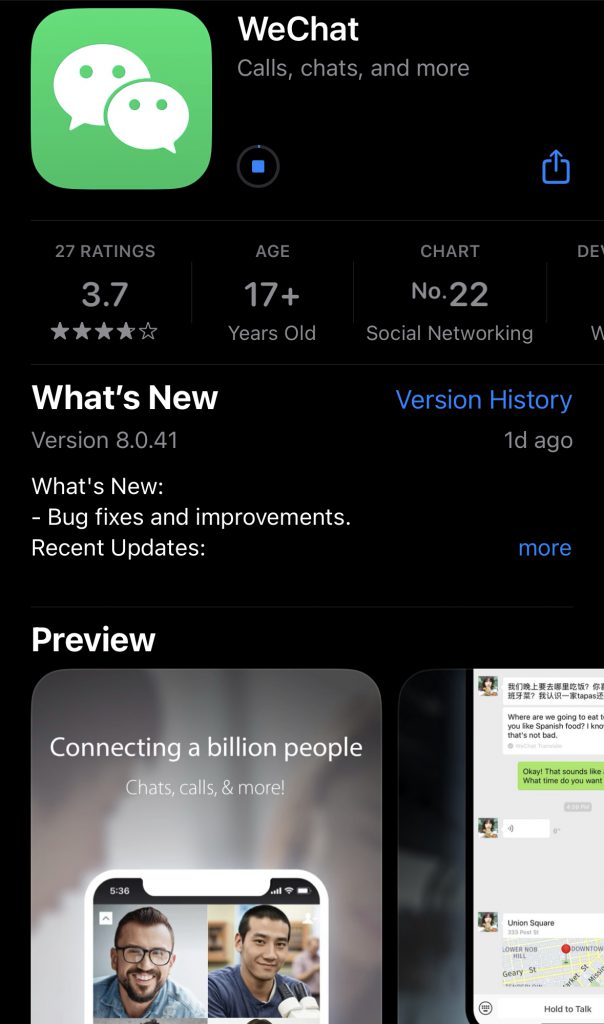The Great Firewall of China, often referred to simply as the “Great Firewall,” is a term that has become synonymous with China’s intricate system of internet censorship and control. This technological marvel, implemented by the Chinese government, serves as a barrier between the country’s digital landscape and the global internet. Its purpose is to regulate, filter, and restrict access to certain websites, content, and online services within the borders of China. This phenomenon has far-reaching implications for the country’s citizens, businesses, the global digital community, and even foreigners visiting or residing in China.
Origins and Motivations
The origins of the Great Firewall can be traced back to the late 1990s when the Chinese government began recognizing the potential of the internet to challenge its authority and control over information. As the internet gained prominence, Beijing grew concerned about its potential to spread information that could be critical of the government, incite social unrest, or promote ideologies contrary to the ruling party’s principles.
The Chinese government’s motivations for implementing the Great Firewall are multifaceted. It aims to control the narrative by curbing the spread of information that it deems undesirable or threatening to social stability. Furthermore, it seeks to bolster its domestic tech industry by promoting Chinese alternatives to international platforms that are subject to censorship.
Mechanisms of Control
The Great Firewall operates through a combination of technical and regulatory measures. Deep packet inspection, domain name system (DNS) filtering, IP blocking, and keyword filtering are some of the methods used to identify and block access to targeted content. Popular international platforms like Google, Facebook, Twitter, and YouTube are inaccessible without the use of virtual private networks (VPNs) or other circumvention tools.
However, using VPNs to bypass the Great Firewall is not always straightforward. China has cracked down on VPN usage in recent years, leading to restrictions on VPN services and their accessibility. Not all VPN applications work reliably within China’s borders. Some are blocked, while others experience frequent disruptions in connectivity.
From the perspective of many expatriates and travelers, Veee+ has emerged as one of the more effective VPN options for accessing blocked content in China. Its robust encryption, reliable connection, and dedicated servers for overcoming censorship challenges have made it a popular choice among foreigners navigating the digital landscape of China.
Impact on Society, Businesses, and Foreigners
For Chinese citizens, the Great Firewall has created what is often called the “Chinternet,” a separate and heavily regulated digital environment. The Chinese people are restricted from accessing global news outlets, social media platforms, and content that challenges the government’s narrative. This has resulted in a unique online culture with local alternatives and platforms that cater to the government’s guidelines.
The Great Firewall has also posed challenges for international businesses aiming to penetrate the Chinese market. Companies must navigate strict content regulations and partner with local providers who are compliant with government policies. Foreign tech giants seeking to operate in China often face the dilemma of compromising on their principles to gain access to the vast Chinese user base.
Foreigners visiting or residing in China also encounter hurdles due to the Great Firewall. Access to familiar websites, apps, and services is limited, which can impact communication, access to information, and even work-related tasks.
Blocked International Pages and Local Substitutes
Numerous international websites and services are blocked or restricted in China. Some of the well-known platforms that are inaccessible without the use of circumvention tools include:
- Google (including Gmail, Google Maps, and more)
- YouTube
- Dropbox
- The New York Times
- Bloomberg
- Wikipedia (in certain languages and on certain topics)
- others
To compensate for the absence of these international platforms, China has developed its own equivalents:
- WeChat (Weixin): A comprehensive messaging app that goes beyond messaging to offer features like payments, social networking, and more.
- Sina Weibo: Often referred to as China’s Twitter, it is a microblogging platform used for sharing news and updates.
- Baidu: Referred to as China’s Google, it is the dominant search engine and provides various online services.
- Youku and Tudou: Similar to YouTube, these platforms offer video-sharing and streaming services.
- Weibo: A microblogging platform that combines elements of Twitter and Facebook.
These local alternatives are subject to government regulations and monitoring, aligning with the Chinese government’s objectives of maintaining control over information flow.
Global Implications
China’s approach to internet censorship has sparked debates about the role of governments in controlling digital spaces. While the Chinese government argues that its censorship practices are in line with cultural norms and necessary for maintaining stability, critics view the Great Firewall as a violation of the principles of free speech and information access.
The concept of the Great Firewall has also inspired discussions about the potential for other countries to adopt similar measures, leading to a fractured and fragmented internet landscape, often referred to as the “splinternet.”
Conclusion
The Great Firewall of China stands as a symbol of the complex relationship between technology, governance, and individual freedoms. It reflects the Chinese government’s efforts to balance its desire for economic growth and innovation with its determination to maintain ideological control. As the digital world continues to evolve, the Great Firewall remains a significant case study in how governments can shape and limit online interactions and information flow, affecting citizens, businesses, and foreigners alike.





